Europe’s story unfolds across empires, revolutions, migrations, and artistic renaissances—yet a handful of sites offer unusually clear insight into these shifting currents. These landmarks aren’t just visually striking; they’re essential for understanding how power, belief, innovation, and conflict shaped the continent. Whether you’re tracing ancient trade routes or exploring the aftershocks of the 20th century, each destination below provides a direct connection to the forces that defined modern Europe.
1. The Colosseum — Rome, Italy
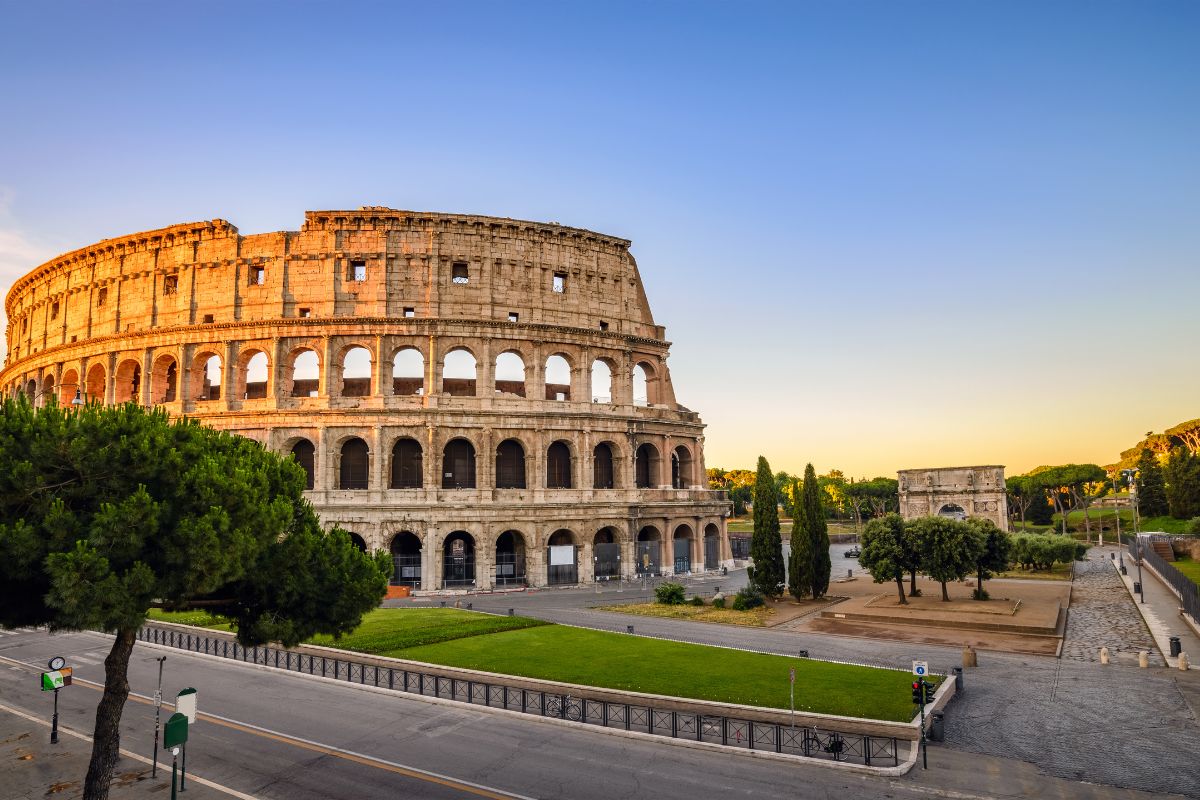
This amphitheatre represents Rome’s genius for architecture and public spectacle. Its layered construction reveals how emperors used entertainment as a political tool. Standing inside its arches offers a rare sense of scale from a world that once dominated the Mediterranean.
2. Acropolis of Athens – Athens, Greece
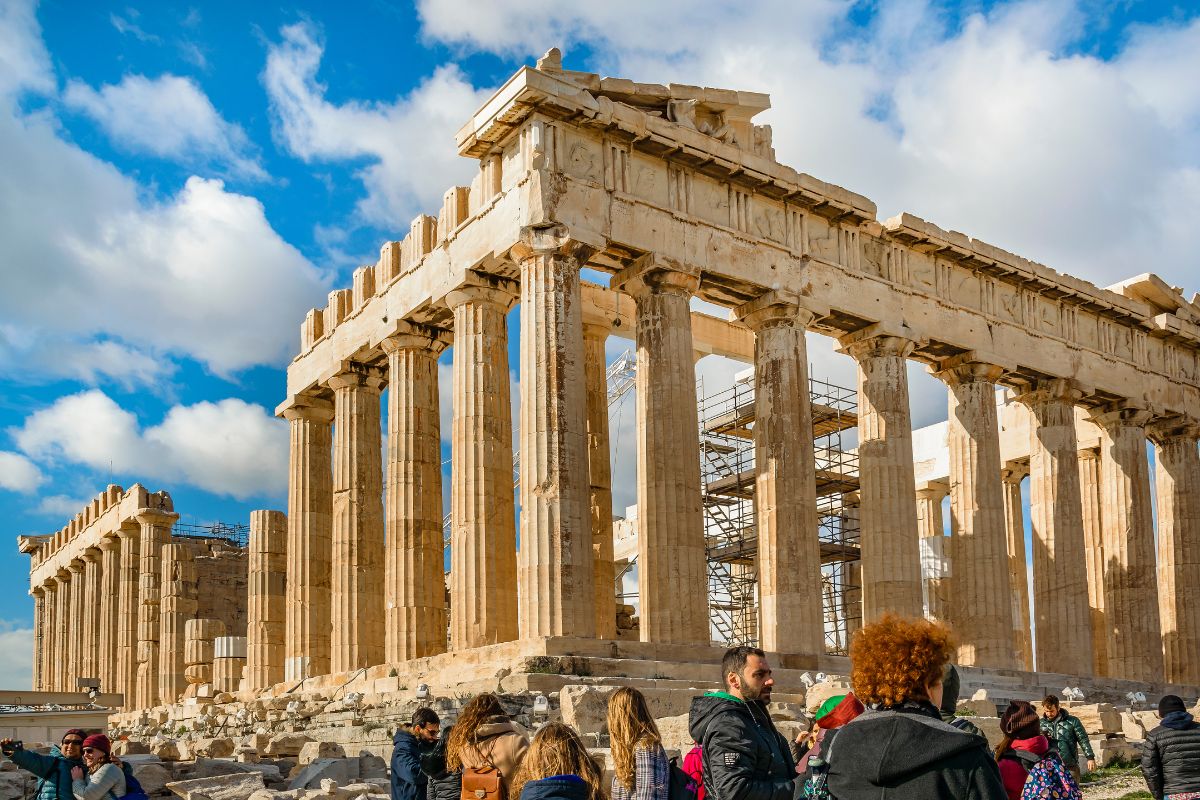
The Acropolis encapsulates the ambitions and contradictions of early democracy. The Parthenon’s sculptural program still sparks debate over cultural identity and imperial rivalry. Even in ruin, it remains one of the most influential architectural statements ever built.
3. Stonehenge – Wiltshire, United Kingdom
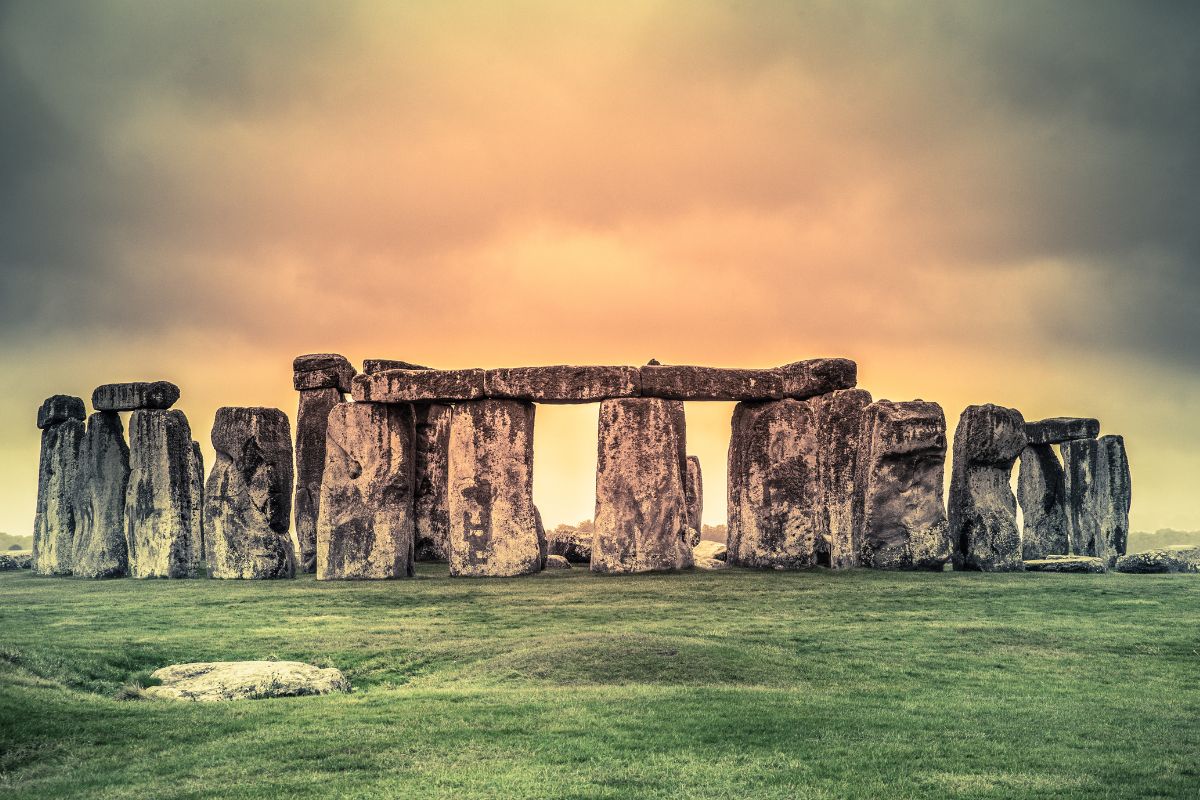
Archaeologists continue to test theories about Stonehenge’s origin, purpose, and astronomical orientation. Its stones trace a prehistoric community with sophisticated engineering skills. The surrounding landscape adds critical context that broadens its meaning beyond the monument itself.
4. Alhambra – Granada, Spain
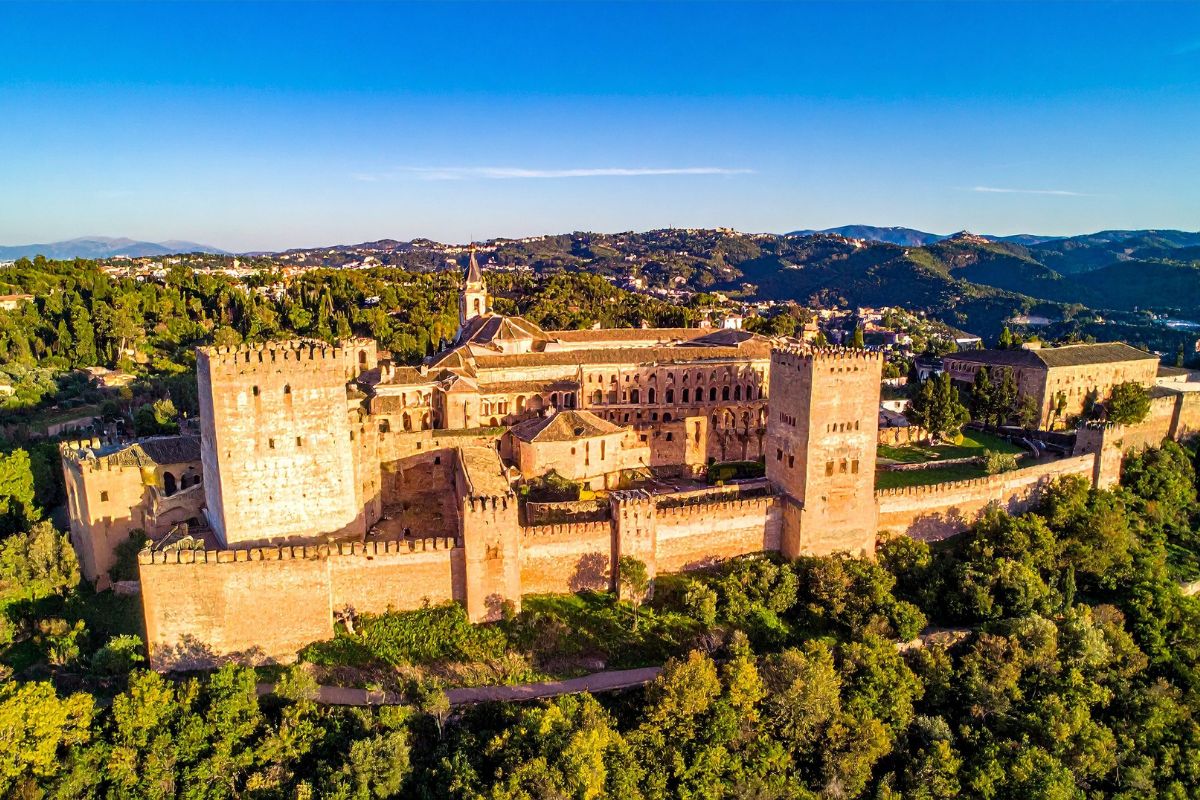
This palace complex showcases the scientific and artistic achievements of Islamic Spain. Its inscriptions and geometry reflect deep intellectual currents from the medieval Mediterranean. The site also illustrates the layered cultural shifts that followed the Christian Reconquista.
5. Palace of Versailles – Versailles, France
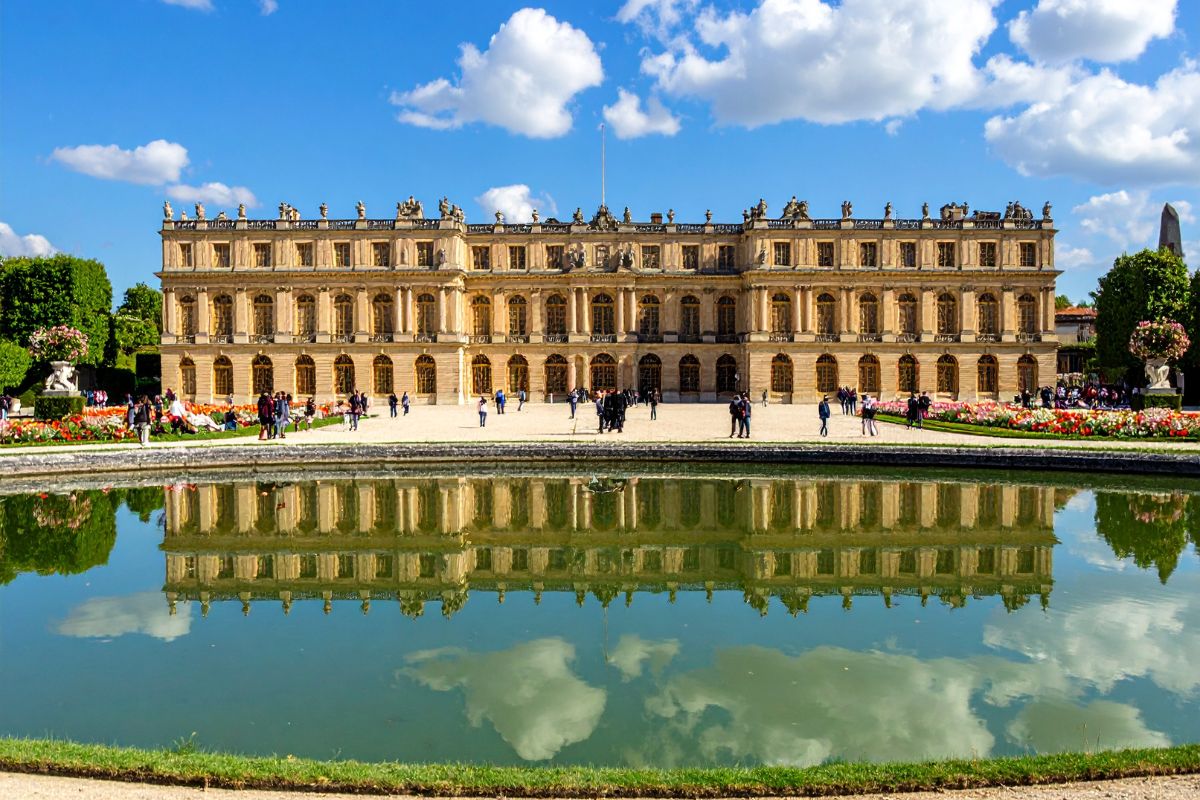
Versailles symbolised the apex of royal absolutism in Europe. Its vast gardens and ceremonial rooms were designed to project power with theatrical precision. Visiting today offers a window into the courtly rituals that helped fuel revolutionary backlash.
6. Auschwitz-Birkenau – Oświęcim, Poland
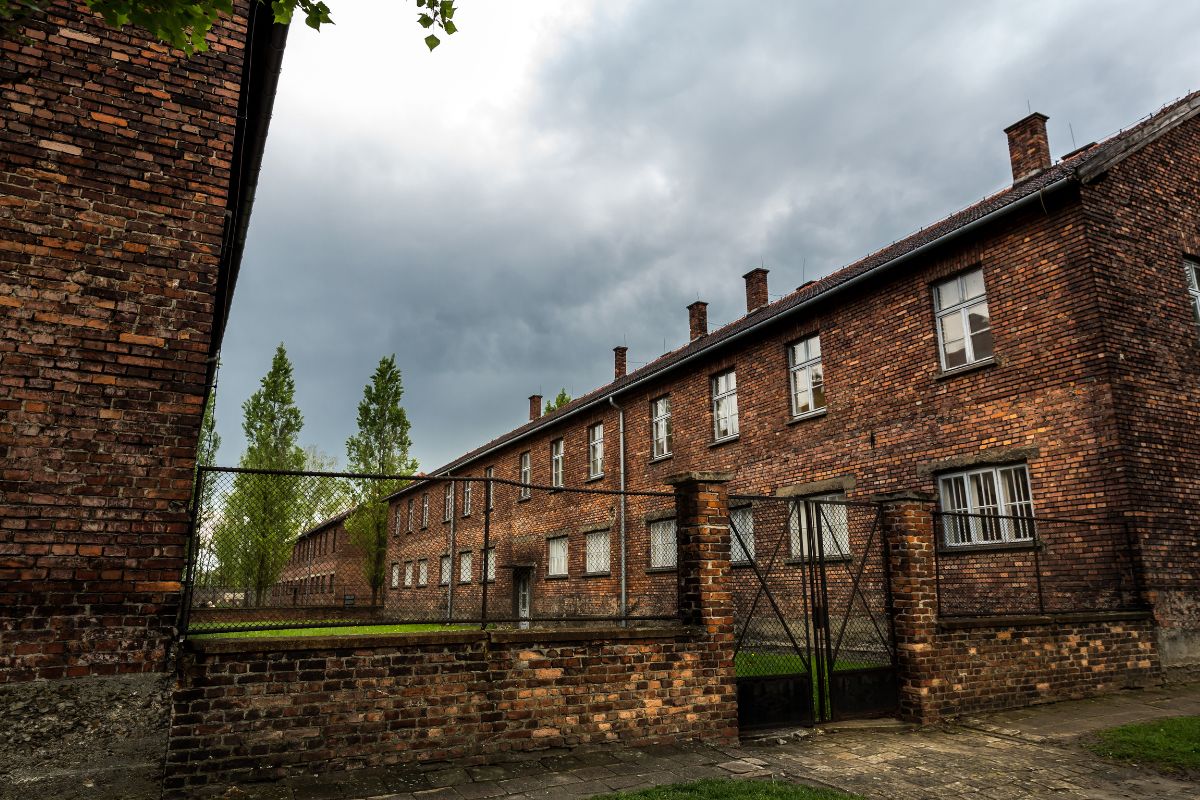
Auschwitz confronts visitors with the scale and systematisation of the Holocaust. Its preserved barracks and archives document the machinery of genocide with stark clarity. It remains one of Europe’s most important spaces for remembrance and critical reflection.
7. Brandenburg Gate – Berlin, Germany
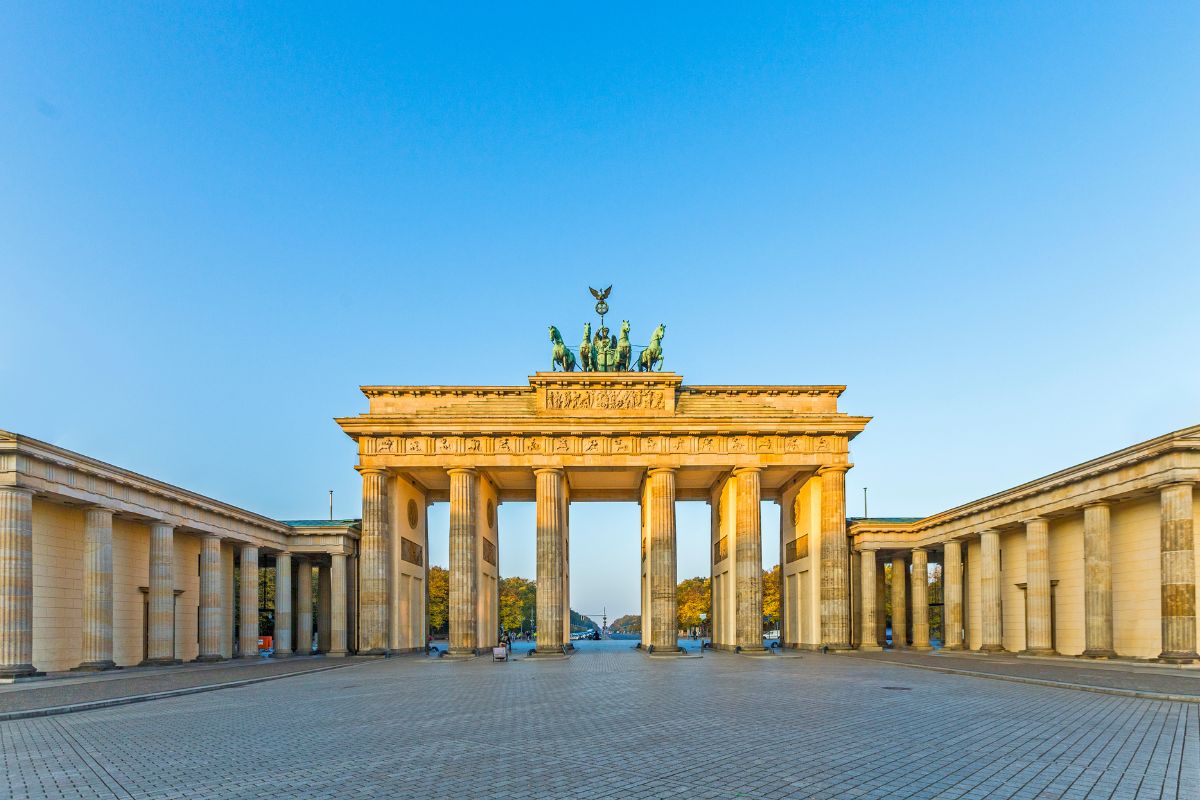
Originally a Prussian triumphal monument, the Gate absorbed new meaning with each political era. During the Cold War it sat on the front line of division, becoming a symbol of the Iron Curtain. Today it stands for reunification and democratic renewal.
8. Sagrada Família – Barcelona, Spain
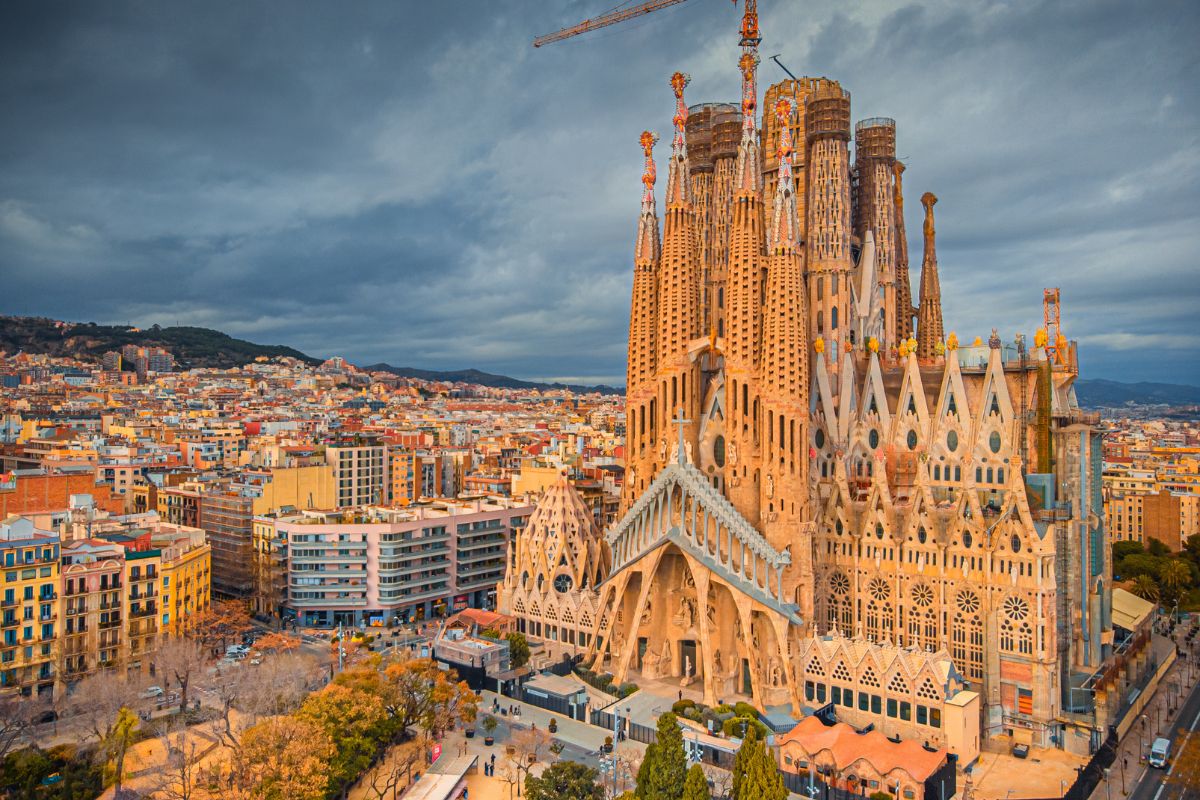
Gaudí’s unfinished basilica blends engineering ambition with spiritual symbolism. Its century-long construction reflects political upheavals, funding controversies, and evolving artistic movements. Each façade offers a different interpretation of the city’s religious and cultural identity.
9. Pompeii – Campania, Italy
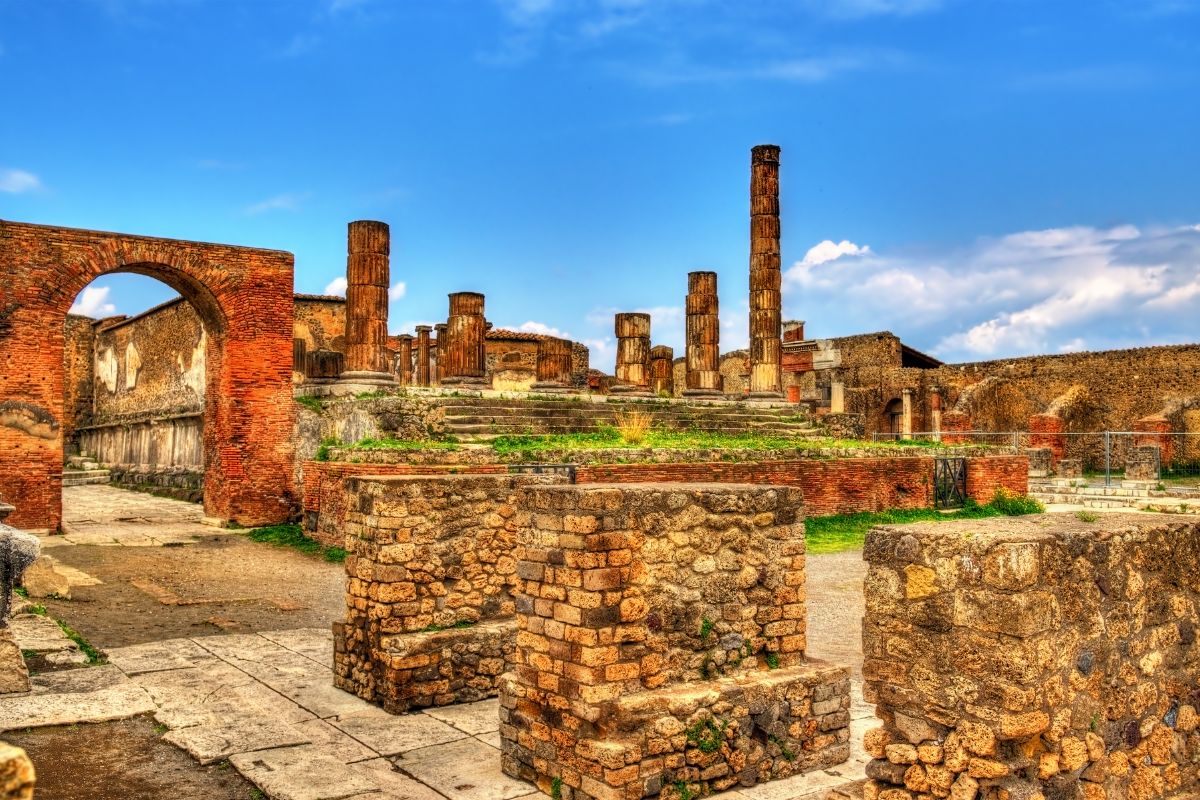
Pompeii’s preservation provides an almost forensic snapshot of ancient Roman life. Its homes, shops, and artworks disrupt stereotypes about class and daily routine. Ongoing excavations continue to refine scholars’ understanding of urban planning in antiquity.
10. Edinburgh Castle – Edinburgh, Scotland
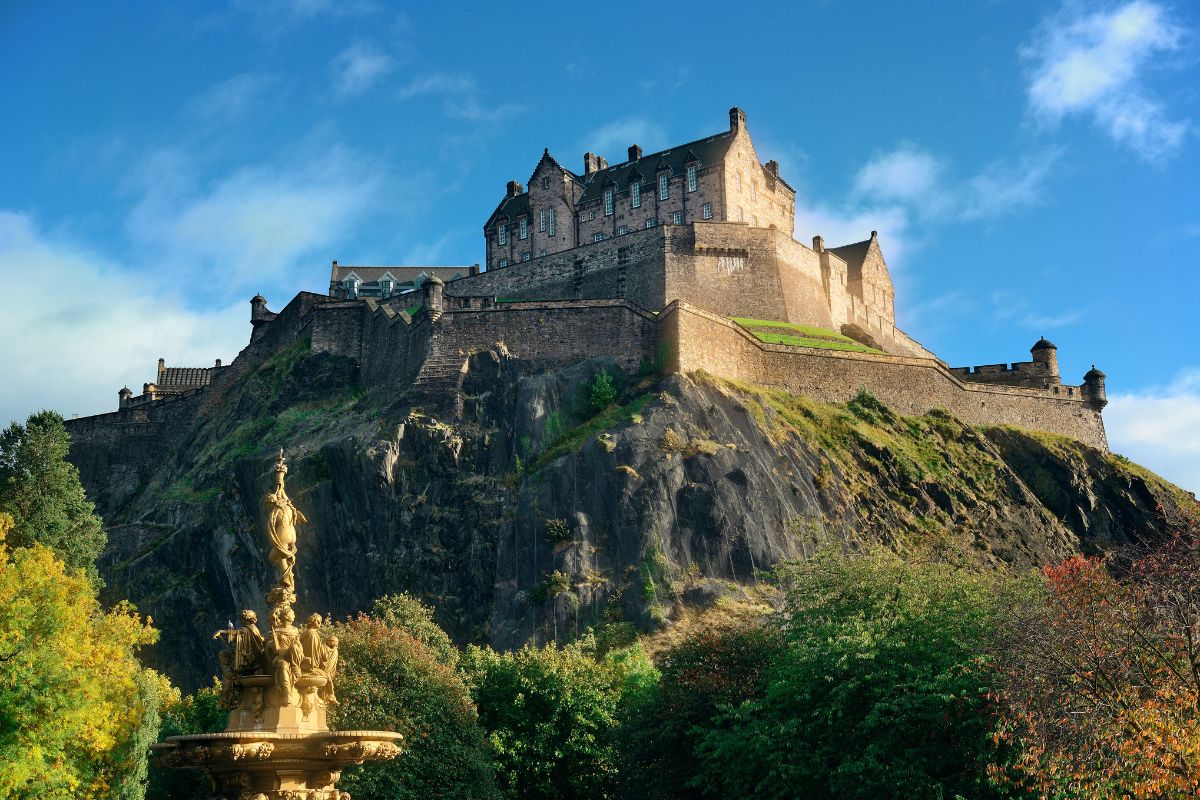
This fortress has shaped more than a millennium of military and political history. Its position atop Castle Rock made it central to conflicts between Scottish and English forces. The compound’s museums and chapels trace the country’s evolving national identity.
11. Hagia Sophia – Istanbul, Türkiye
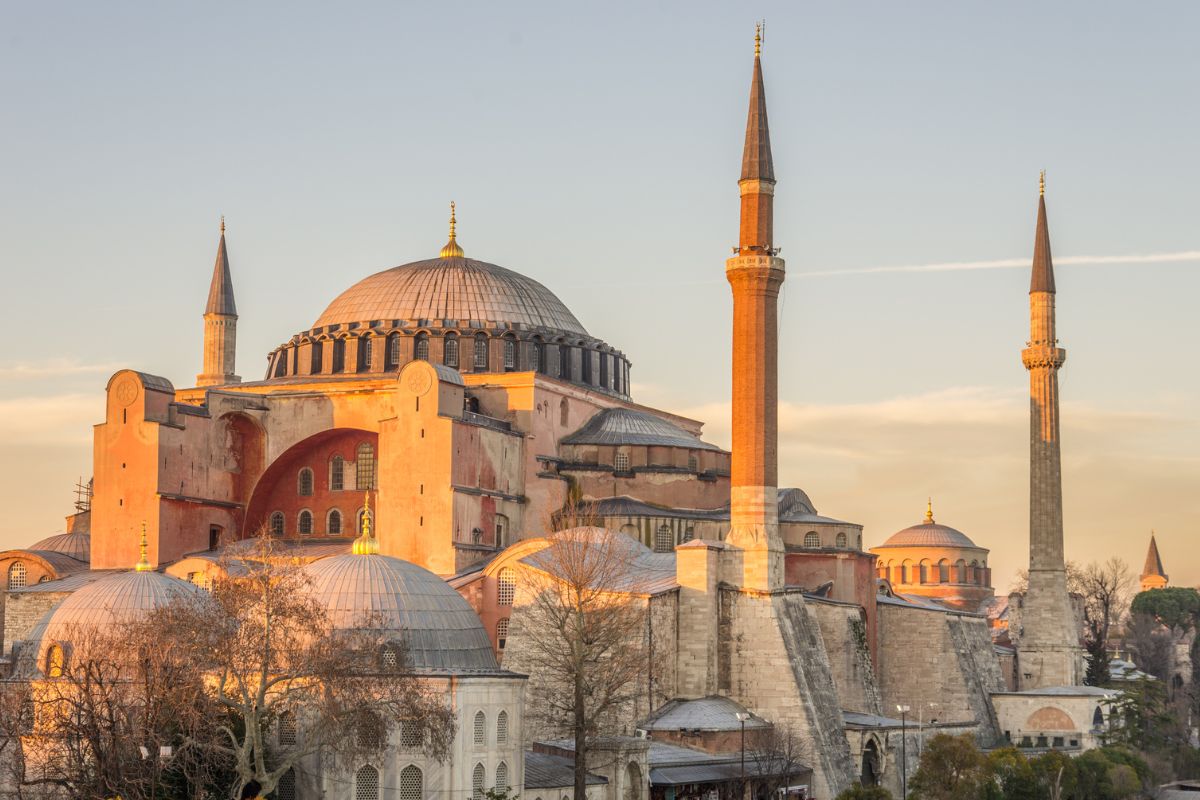
Hagia Sophia bridges late antiquity, Byzantium, and the Ottoman world in one monumental structure. Its dome pushed engineering boundaries and influenced religious architecture across continents. The building’s changing function mirrors centuries of shifting power and belief.
12. Neuschwanstein Castle – Bavaria, Germany
.jpg)
Commissioned by King Ludwig II, this palace reflects Romanticism’s fascination with mythic medieval Europe. Its theatrical interiors reveal as much about 19th-century politics as they do about artistic taste. The structure’s global influence—especially in film and fantasy design—is surprisingly far-reaching.
13. Skellig Michael – County Kerry, Ireland
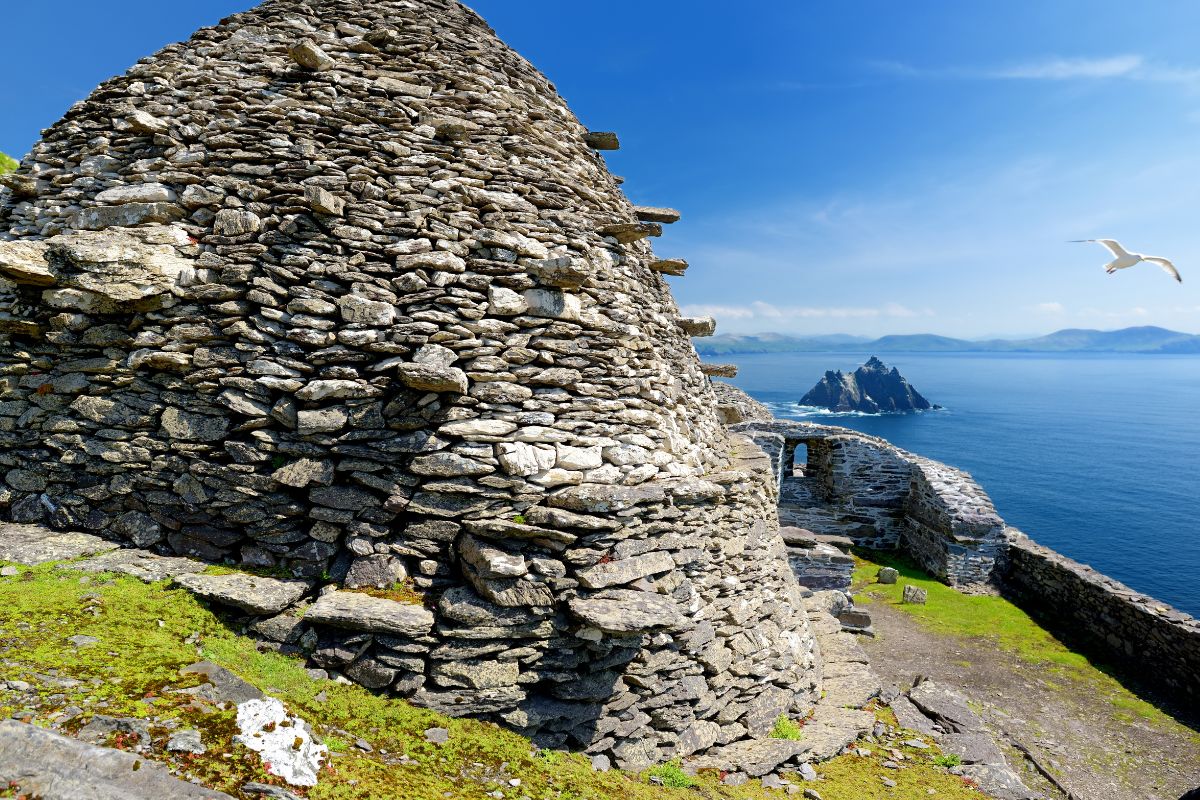
The monastery perched on this Atlantic outcrop shows the extremes of early Christian ascetic life. Its stone cells and steps demonstrate remarkable craftsmanship given the isolation. The site’s survival underscores the tenacity of communities living at Europe’s edge.
14. Anne Frank House – Amsterdam, Netherlands
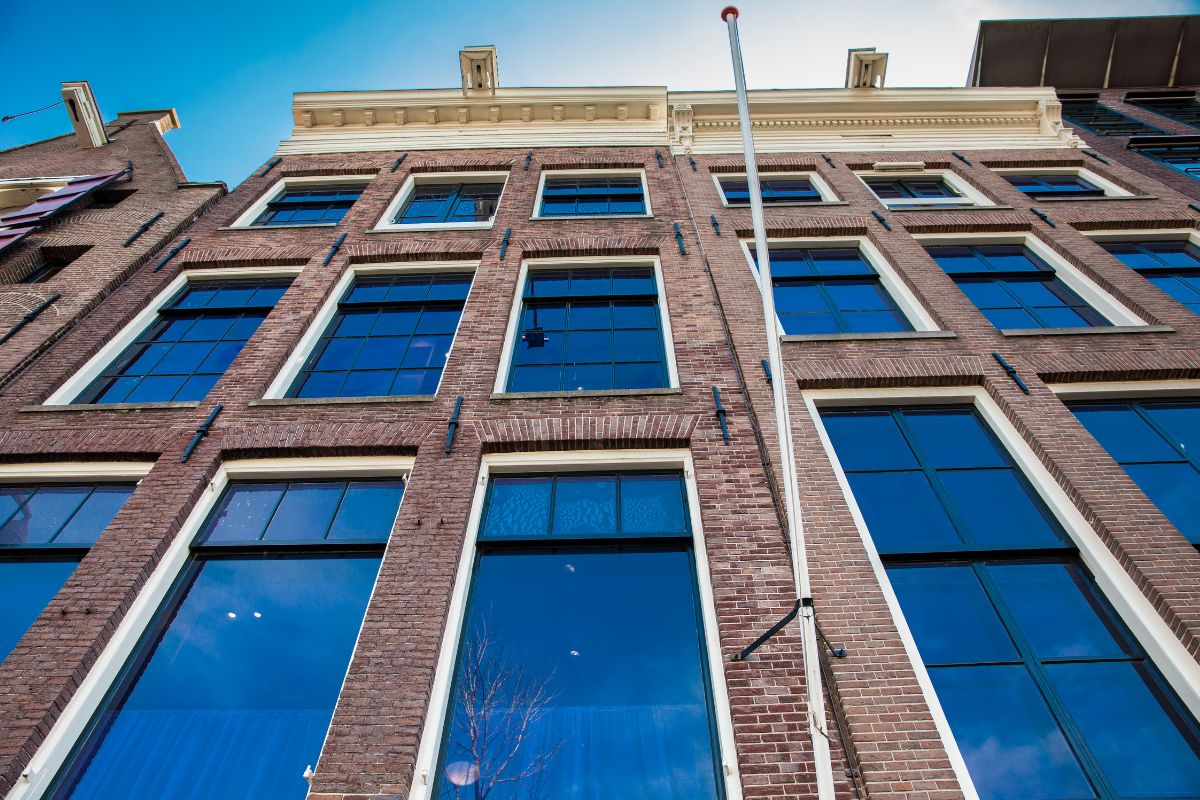
The cramped rooms where Anne Frank wrote her diary preserve the emotional reality of life in hiding. The building reveals how ordinary urban spaces became sites of persecution during WWII. Its impact lies in its intimacy, not spectacle.
15. Prague Castle – Prague, Czech Republic
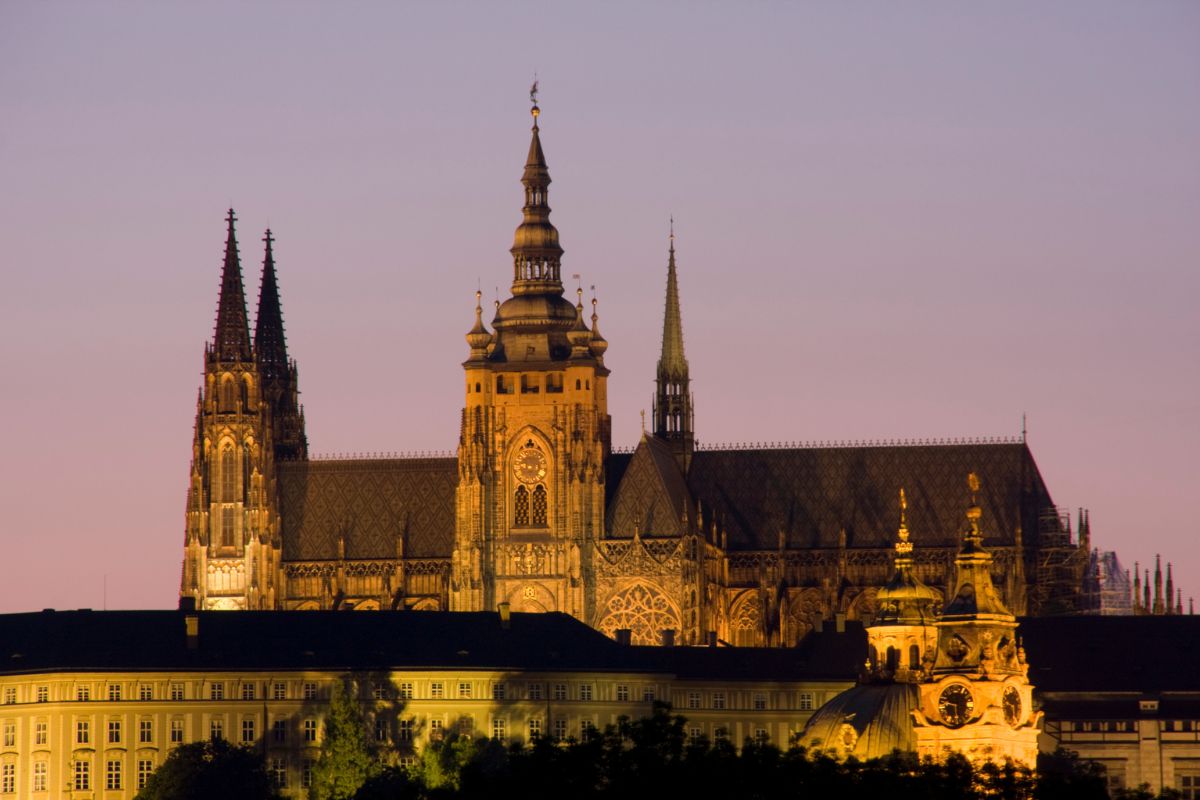
This sprawling complex reflects Bohemian kingship, Habsburg rule, and modern Czech statehood in a single space. Its mix of architectural styles makes it a physical timeline of Central Europe’s political shifts. Every courtyard introduces a new chapter in a region long shaped by competing powers.
